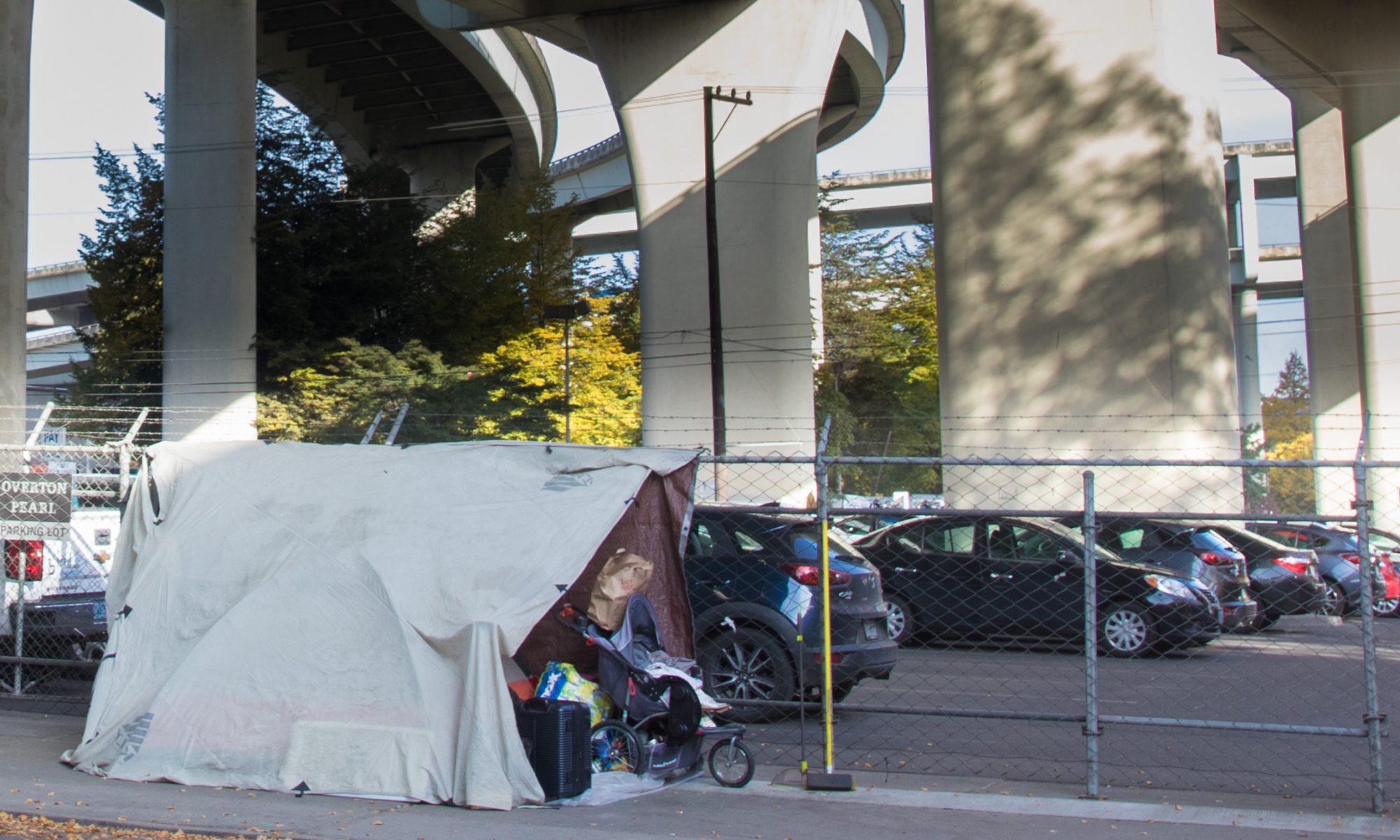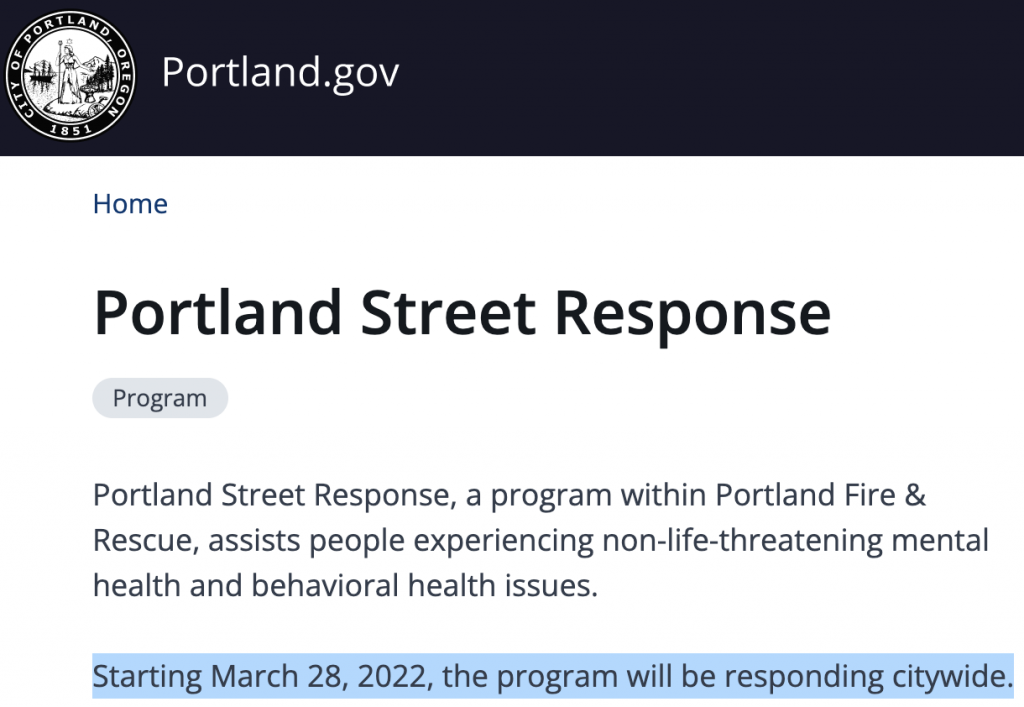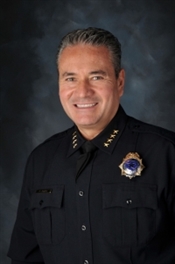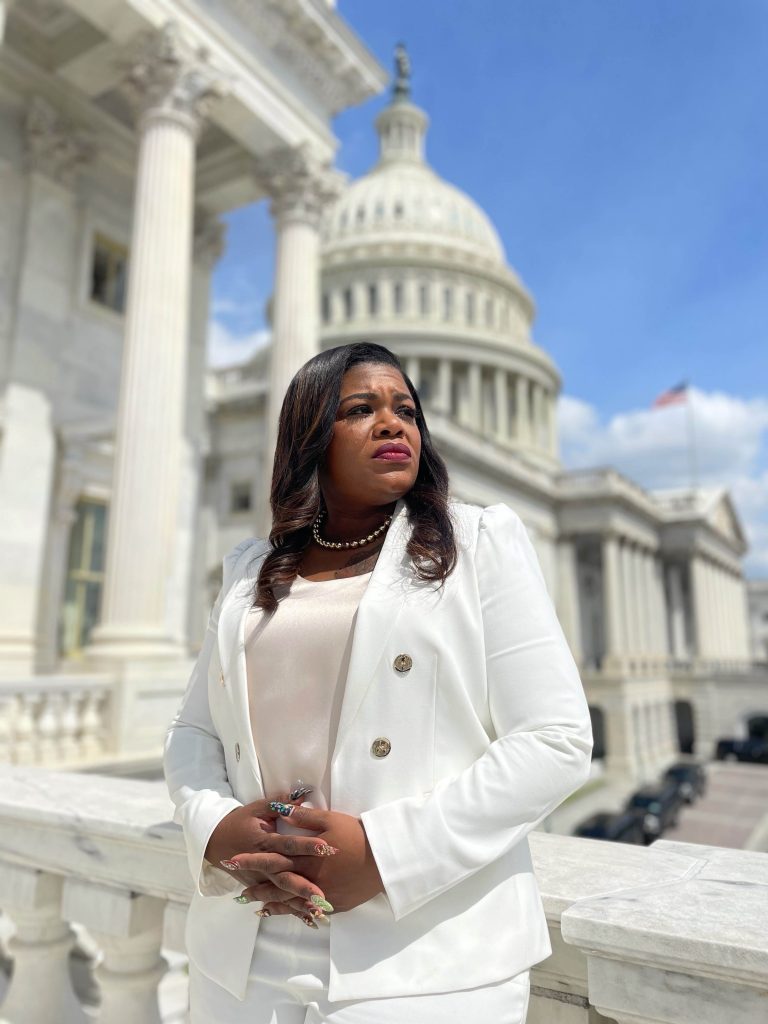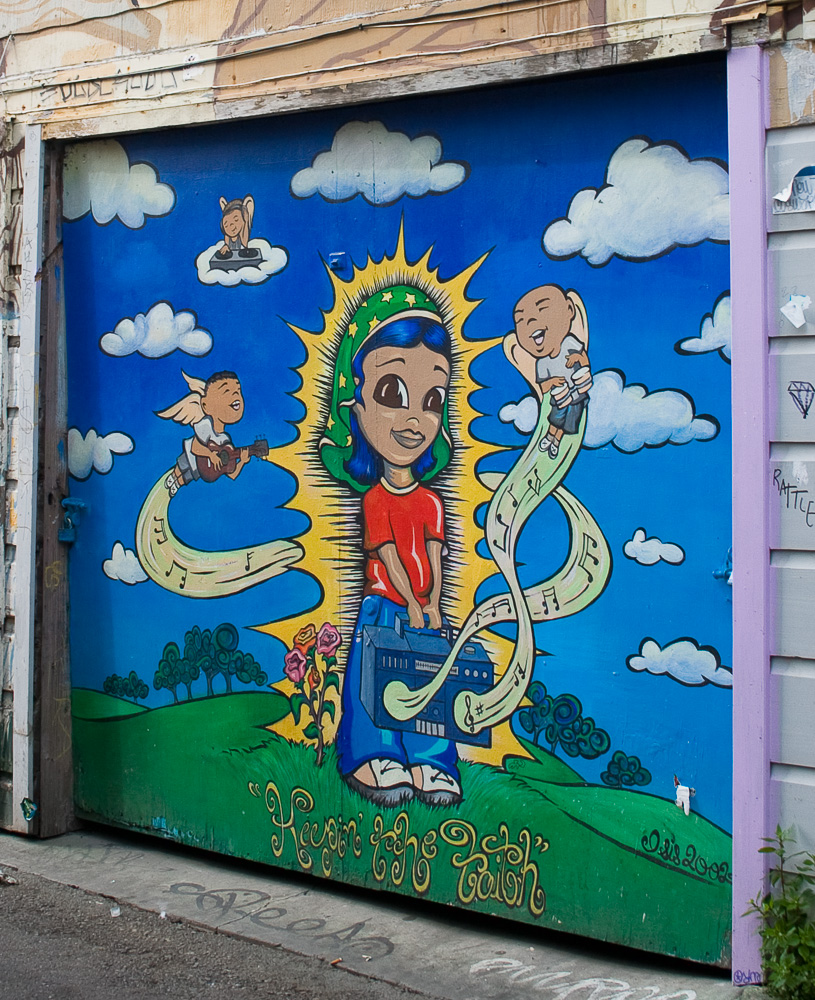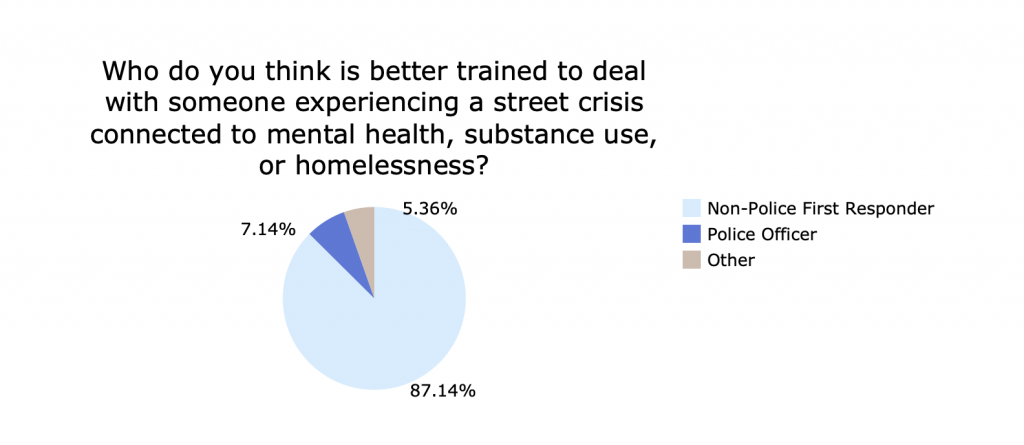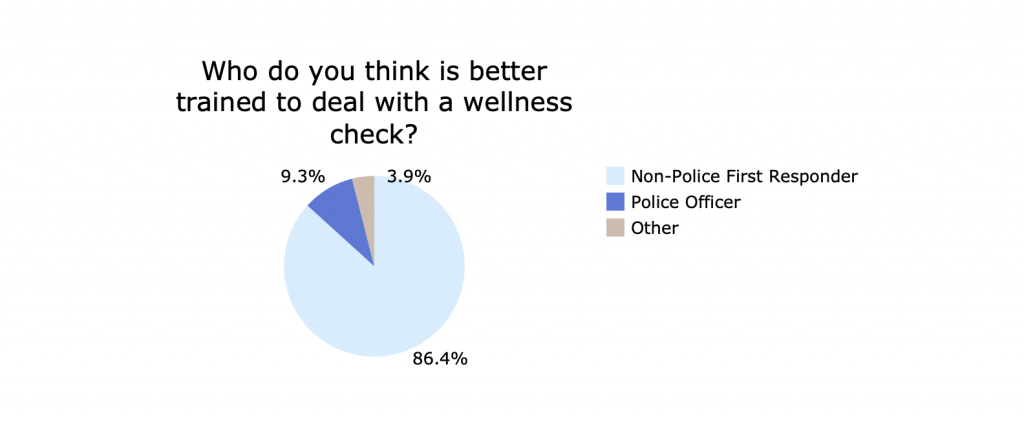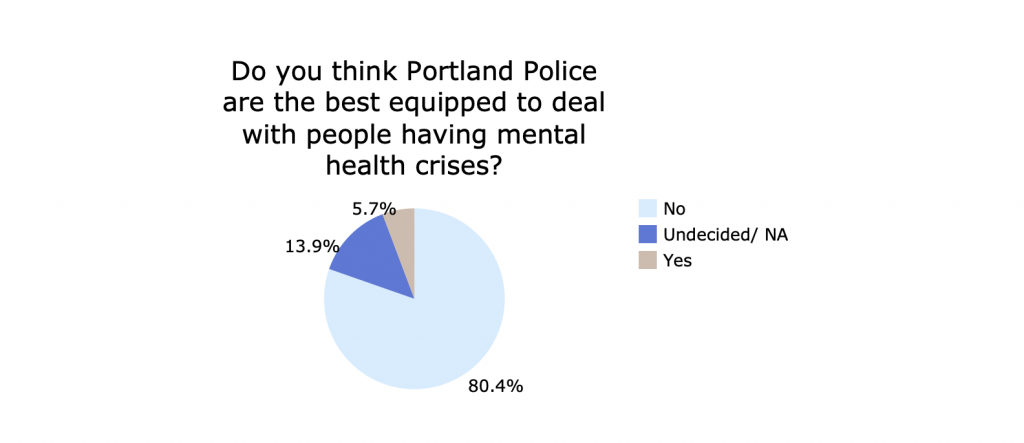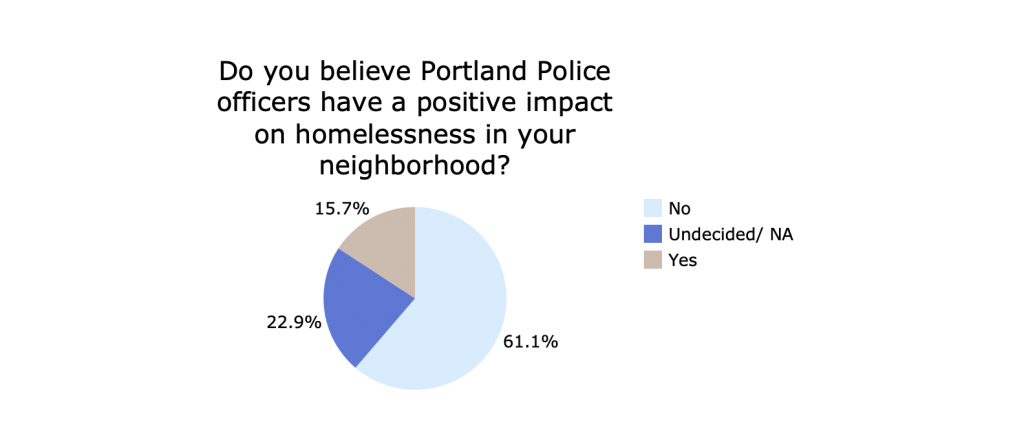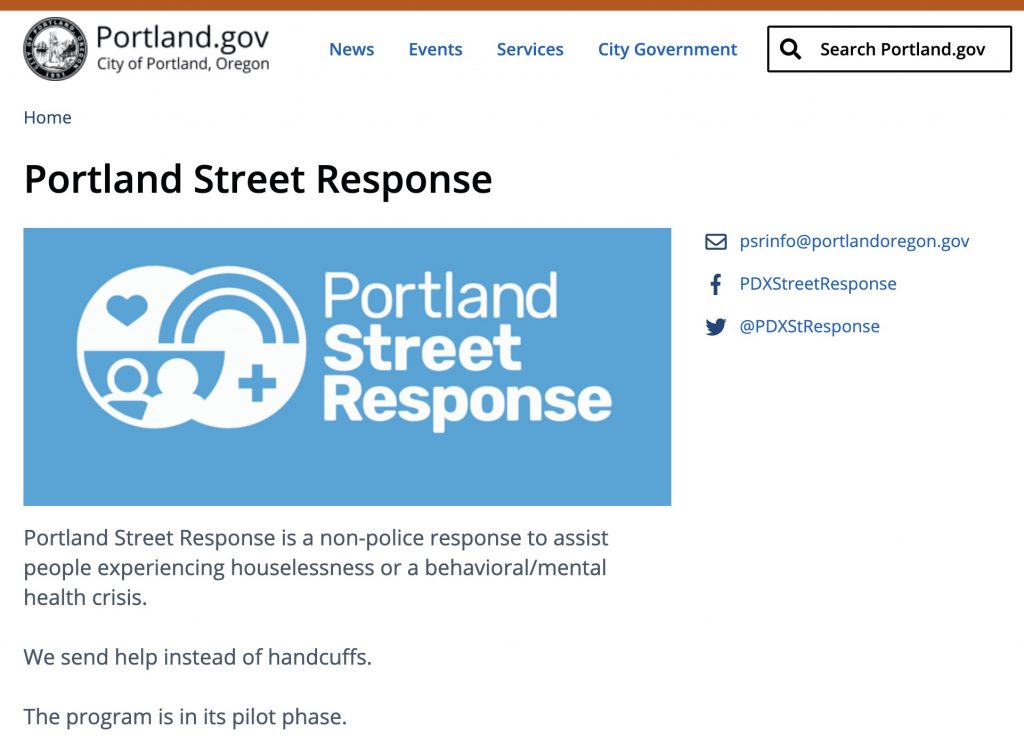A report on the first year of Portland Street Response was presented to City Council today. Here are a few random tidbits from the report:
- 89% of calls to PSR required no further help from Police or Fire.
- 65% of calls to PSR involved someone experiencing homelessness.
- None of the calls to PSR resulted in any arrests.
- PSR staff followed up with 44 clients, making a total of 437 visits, helping them with housing applications, benefits referrals, and shelter referrals.
- Nine clients found permanent housing thanks to PSR.
Here is the full report at PSU’s Homelessness Research and Action Collaborative (144 page PDF with executive summary).
Here is a video at portland.gov of the presentation to City Council (2 hours with captions for the hearing-impaired).
Coverage in local media:
